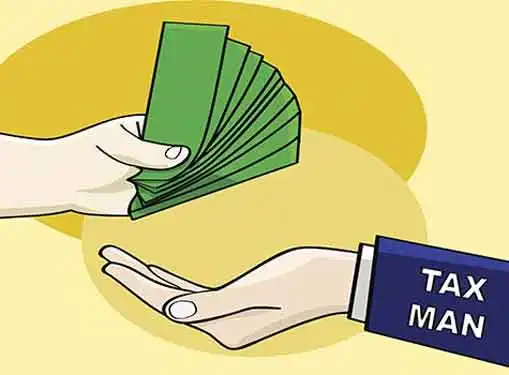Small Business Finance News
U.S. Tax Code Ranked Among The World's Worst For Business
Written by Tim Morral
Published: 9/16/2014
Nonpartisan think tank ranks the U.S. 32nd out of 34 developed nations for tax competitiveness, blames high corporate tax rate and taxation on worldwide income for the nation's low rating.
Complaints about the U.S. tax code are common among small business owners. But a new study shows that managing tax liability is much more complex than implementing a handful of small business tax tips. Based on a new ranking by the independent think tank, Tax Foundation, the U.S. isn't nearly as tax competitive as it should be, when compared to other developed nations.

Business Advisor and other media outlets recently reported on a study by the Tax Foundation, showing that the U.S. ranked 32nd out of 34 countries for tax competitiveness, surpassing only Portugal and France among the world's industrialized economies.
The Tax Foundation's international tax competitiveness index looked at a range of variables covering corporate taxes, consumption taxes, property taxes, individual taxes and international tax rules. The Tax Foundation indicated that the low ranking for the U.S. was attributable to its high corporate tax rate. The Foundation also cited the nation's taxation of worldwide income and other across-the-board tax rules as factors.
"The United States scores poorly largely because it maintains the highest corporate tax rate in the developed world at 39.1 percent and is one of the six remaining countries in the OECD with a worldwide system of taxation. Its poorly structured property, individual, and capital gains and dividends taxes also contribute to the low ranking," said the Tax Foundation.
The Tax Foundation ranking of the U.S. tax code will undoubtedly provide fresh fodder for both parties in Congress. According to a report on the ranking at The Hill, both sides have identified the need for improvements to the corporate tax code, but neither appears willing to reduce the top rate.
Democrats and the Obama administration believe that changes to the tax code must increase revenue to reduce the country's long-term deficit and offer relief to the lower and middle classes. Republicans, on the other hand, point out that corporate inversions (a practice in which companies move their legal address abroad to avoid taxation) have been a consequence of the complex and confusing nature of the tax code.
But regardless of the politics, it's becoming clear that some version of reform will be necessary to ensure the vitality and growth of the U.S. economy on the world stage.
"No longer can a country tax business investment and activity at a high rate without adversely affecting its economic performance," said Kyle Pomerleau, a co-author of the Tax Foundation report. "In recent years, many countries have recognized this fact and have moved to reform their tax codes to be more competitive. However, others have failed to do so and are falling behind the global movement."
Share this article
About Our Small Business News
Our small business journalists publish news articles for entrepreneurs every day. Our small business news articles review trends in small business, analyze the ramifications of regulatory initiatives, present relevant entrepreneurial research findings, and cover many other topics of interest to entrepreneurs.
Additional Resources for Entrepreneurs
